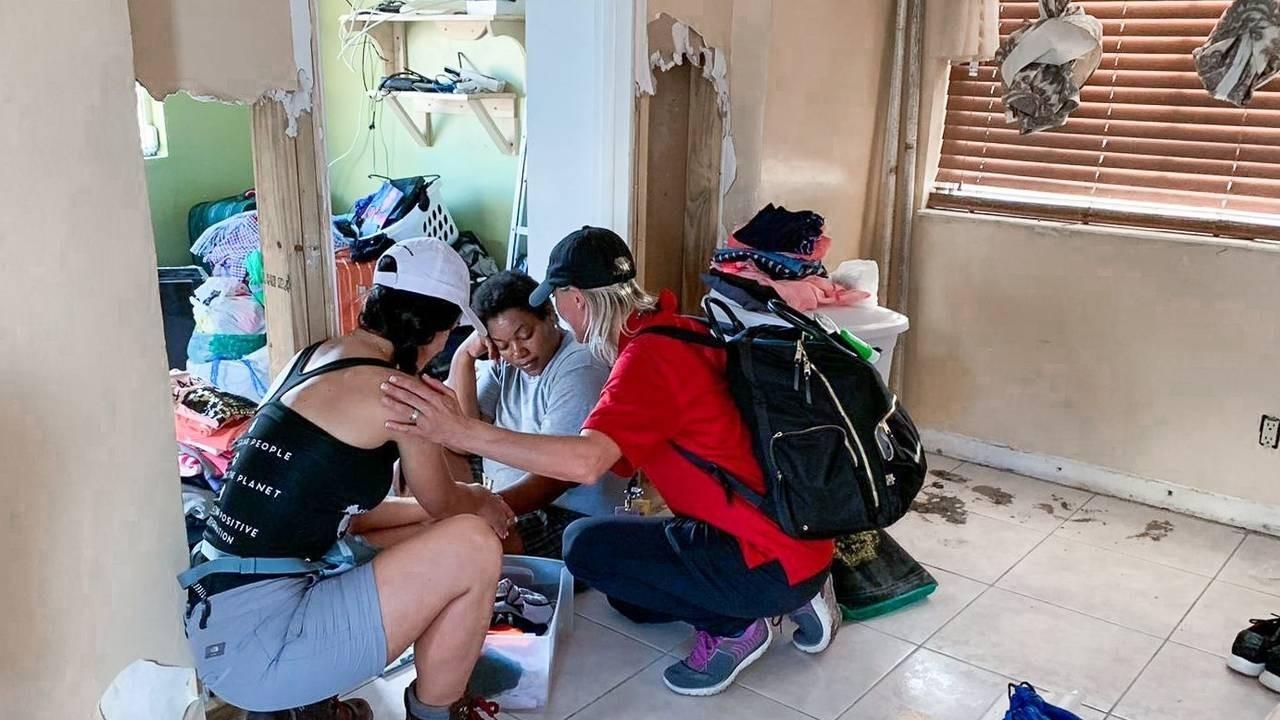Hurricane Season: Caring for Your Mental Health

Caring for your mental health after a hurricane is often an overlooked subject, but it’s critical to address as the effects are proven to be severe and long-lasting when not acknowledged. 10 years after Katrina, residents are interviewed there saying they still struggle with depression. (Source: Katrinas Emotional Legacy).
Just as we have the opportunity to come back stronger and rebuild our homes and cities better than before, there is also an opportunity to strengthen our mental health better than prior to the crisis. In a disaster, we can respond in one of two ways. We can grow our own resilience by adapting and overcoming the pressure, or give into stress by feeling inadequate and focusing only on what we cannot control.
After Hurricane Sandy, more than 20 percent of residents reported PTSD, 33 percent reported depression and 46 percent reported anxiety. After Hurricane Harvey, 800,000 people continued to suffer from anxiety and depression long after the hurricane had passed. (Source)
Mental health issues can come directly from the trauma of the hurricane, and existing struggles can be aggravated. Between losing a home, income, businesses, loved ones, and with the stress and panic of the actual crisis, your personal safety and those of family and friends all can cause PTSD. You can look here for Symptoms of Trauma if you have been affected by a disaster. Some effects can linger for years if not treated and faced, so it is important to be self-aware after a crisis.
After recognizing the symptoms, you can work through the stages of grief (denial, shock, pain, anger, and bargaining) and identify several ways to prevent long-term effects on mental health. Having strong social support networks, getting professional services, practicing deep breathing, journaling, and self-regulation are all effective ways to mitigate the effects of trauma. After a crisis, there is a 72-hour “window” before the crisis sets in as “trauma”. By applying these simple processing tools mentioned above, you can actually prevent the long-term effects of the trauma.
Survivors of disaster can use the experience to grow and become resilient if the proper tools are applied. In our complementary Aerial Recovery Group Basic Training, we include training on how to support yourself and others through the effects of disasters on people, symptoms to prepare for, the cycle of grief, developing a resilient mindset, and much more. Sign up here.

